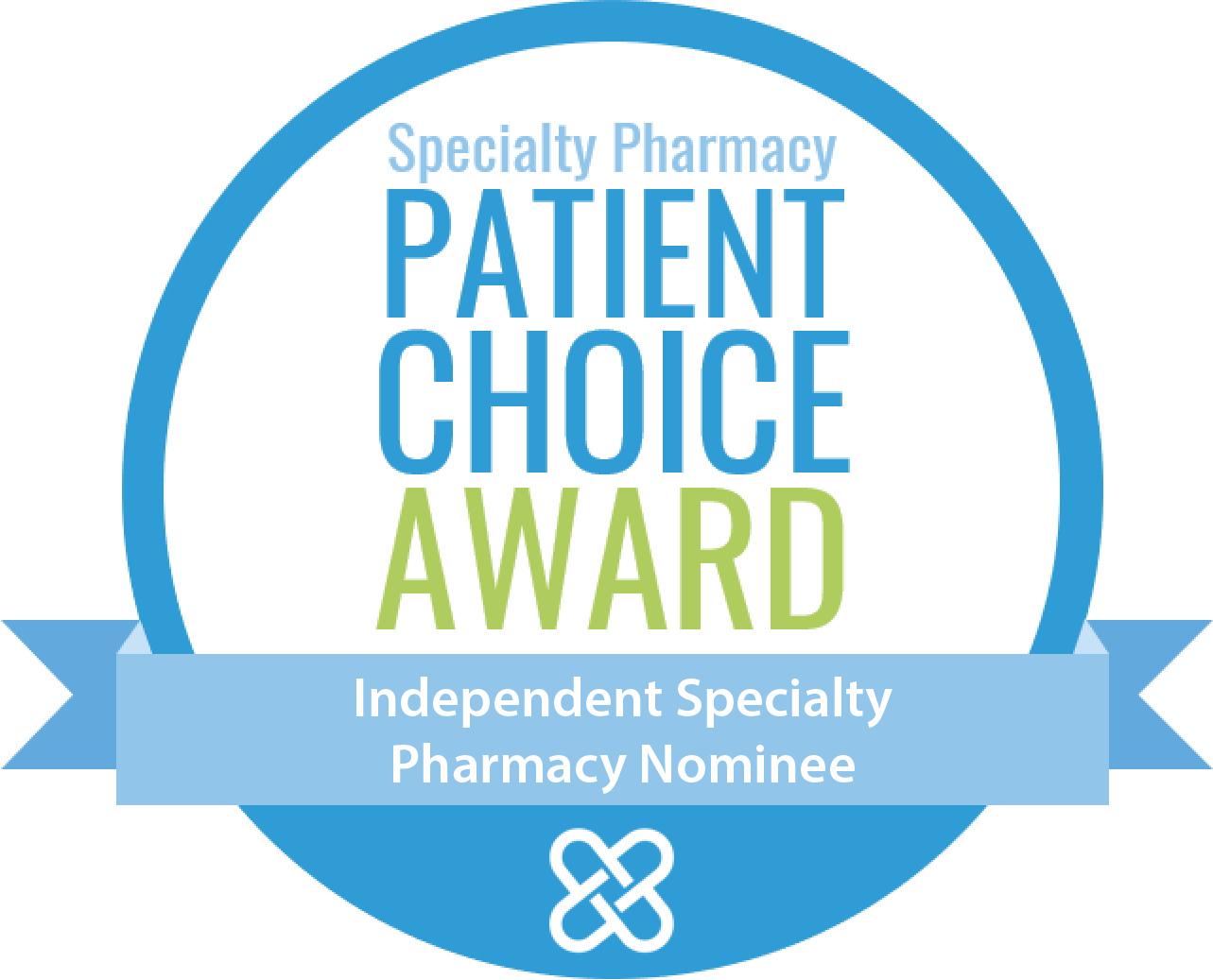Cardiovascular Disease are heart conditions that include structural problems, blood clots and diseased vessels caused by the buildup of fatty plaques in the arteries.
Causes, incidence, and risk factors
Cardiovascular disease most commonly indicates conditions that involve narrowed or blocked blood vessels and that, when left unchecked, may lead to a heart attack, stroke or chest pain. Other conditions, like those that impact the heart’s muscle and valves, can also be considered types of heart disease.
Fatty buildup of plaques in your arteries, otherwise known as atherosclerosis, is the most common cause of Cardiovascular Diseases. The plaque buildup thickens, stiffening artery walls and prohibiting blood flow through your arteries to organs and tissues
Most forms of Cardiovascular Disease can be treated or even prevented with healthy lifestyle choices and exercise.
Symptoms
- Fatigue
- Shortness of breath
- Irregular heartbeat
- Chest pain
- Fainting
- Loss of breath during exertion
- Swollen legs, feet and ankles
- Pale gray or blue skin color (known as cyanosis)







